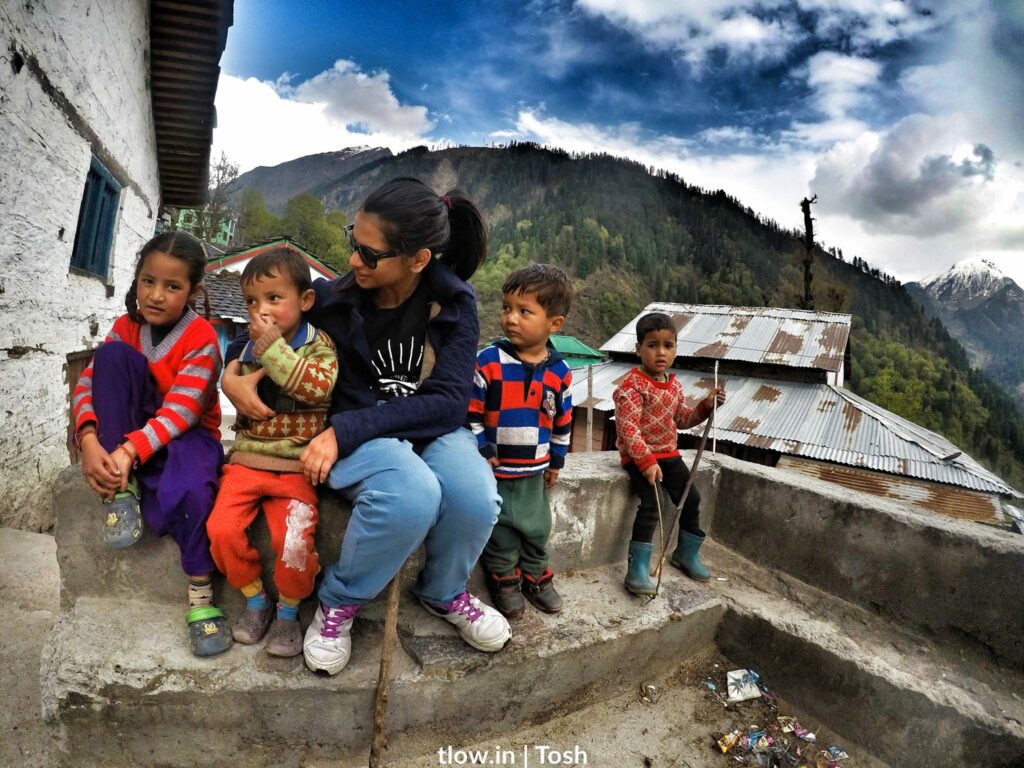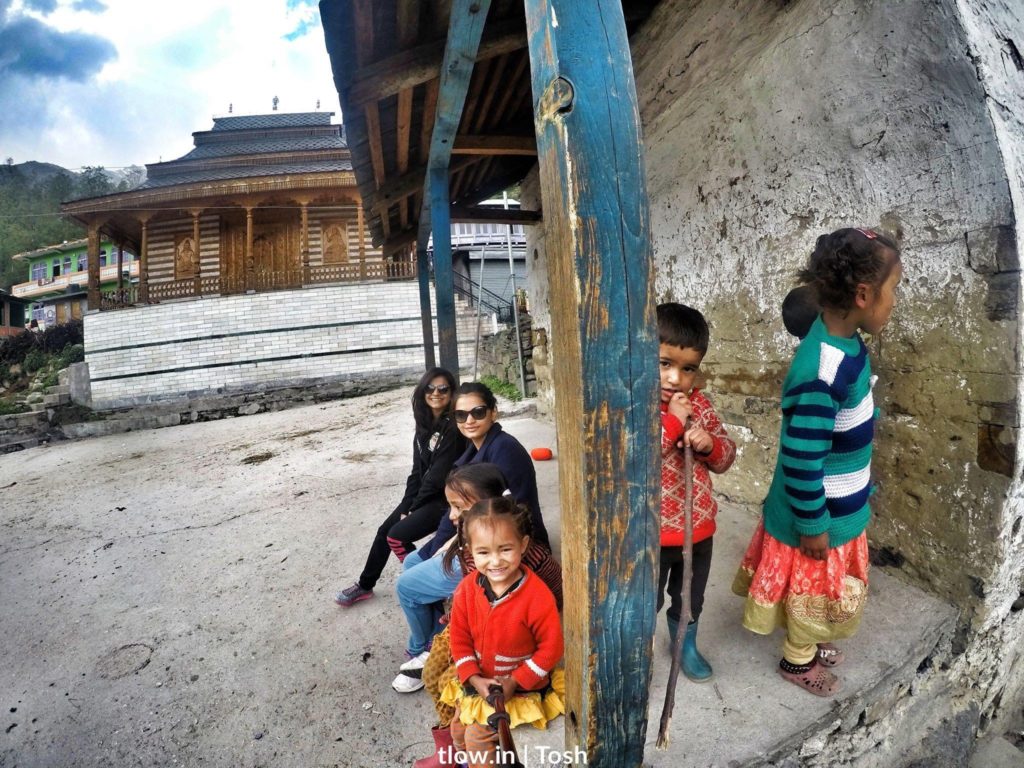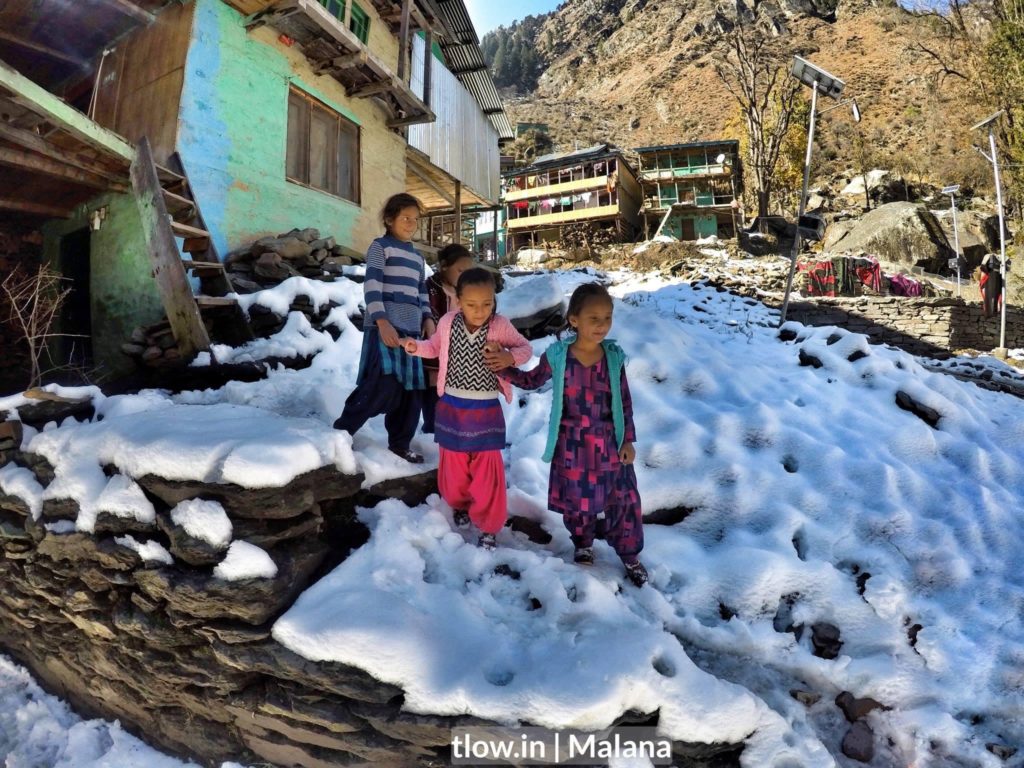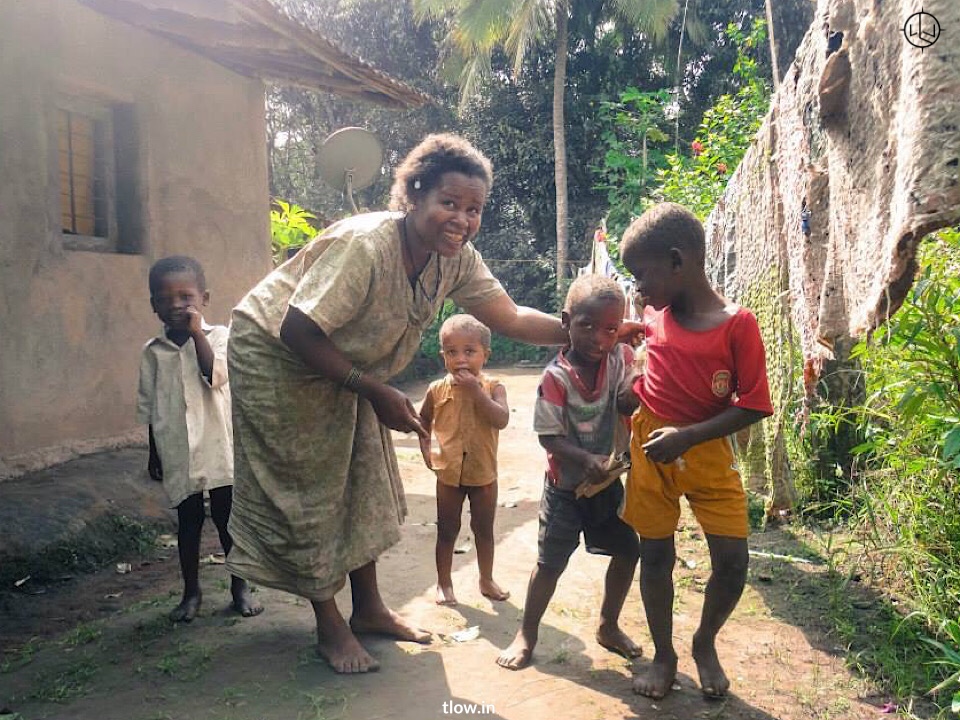
10 super vital tips to take with kids who have motion sickness
Motion sickness, also known as travel sickness or car sickness, is a common condition that can affect both children and adults. It occurs when there is a conflict between the sensory systems that perceive motion, such as the inner ear, eyes, and muscles.
If you are traveling with kids who have motion sickness, here are some tips to help alleviate their discomfort:
Table of Contents
1. Medication for kids:
Consult with a pediatrician before your trip to see if your child can take over-the-counter motion sickness medication or if they may need a prescription. Follow the doctor’s instructions carefully when administering the medication.
2. Seat placement:
In vehicles, have your kids sit in the front seat or in the middle seat of the rear row, which usually experiences less motion than the back seats. In airplanes, opt for seats over the wings, as they tend to have less movement.
3. Fresh air:
Keep the car or airplane well-ventilated by opening windows or using air conditioning. Encourage your kids to breathe fresh air, as stale or stuffy air can exacerbate motion sickness.

4. Focus on the horizon:
Encourage your kids to look outside at the horizon or a stationary object in the distance. This helps their brain orient itself and reduce the sensory confusion that often triggers motion sickness.
5. Avoid reading or screen time:
Discourage reading books or using electronic devices during travel, as these activities can worsen motion sickness symptoms. Instead, engage in conversation or play games that don’t require intense focus.
6. Frequent breaks:
Take breaks during long drives or flights to allow your child to get out and stretch their legs. Fresh air and physical movement can help alleviate motion sickness symptoms.
7. Avoid heavy meals:
Ask your child to have a light meal or snack before traveling. Heavy meals or greasy foods can increase the likelihood of experiencing motion sickness. Encourage them to eat small, frequent snacks during the journey.
8. Provide distractions:
Keep your child distracted during travel by providing books with pictures, playing their favorite music, or engaging them in interactive games or storytelling.

9. Ginger remedies:
Ginger is known to have natural anti-nausea properties. Consider giving your child ginger candies or ginger ale to help alleviate their motion sickness.
10. Stay calm and positive:
Children often pick up on their parents’ emotions. Remain calm and positive during the journey, as stress or anxiety can worsen motion sickness symptoms. Reassure your child that the discomfort is temporary and focus on making the journey as enjoyable as possible.
Always consult with a healthcare professional for personalized advice on dealing with motion sickness in children.
Children, in particular, may be more prone to motion sickness due to a few reasons:
1. Developing sensory systems: The sensory systems in children are still developing, and therefore they may be more sensitive to motion. This sensitivity can make them more susceptible to motion sickness.
2. Focus and distraction: Kids often get engrossed in activities like reading, playing games, or watching videos during travel. This can create a disconnect between what they see and feel, leading to motion sickness.

Here are some tips to help prevent or manage motion sickness in kids:
1. Choose the right seat: In a car, sitting in the front seat or in the middle of the backseat can help minimize the motion felt by the child.
2. Limit distractions: Encourage your child to look outside or at the horizon rather than reading or playing games on electronic devices. This can help synchronize the visual and vestibular systems.
3. Proper ventilation: Ensure there is fresh air circulating in the vehicle by opening windows slightly or using air-conditioning.
4. Frequent breaks: Take breaks during long journeys to allow your child to get some fresh air, stretch their legs, and relax.

5. Stay hydrated: Dehydration can worsen motion sickness symptoms, so make sure your child drinks plenty of water before and during travel.
6. Ginger or peppermint: These natural remedies, such as ginger candies or peppermint tea, may help alleviate motion sickness symptoms.
7. Medication: In severe cases, medication for motion sickness can be prescribed by a doctor. It is advisable to consult a healthcare professional before giving any medication to children.
It’s important to note that every child is different, and what works for one may not work for another. Experiment with different strategies and find what helps your child manage motion sickness effectively.










